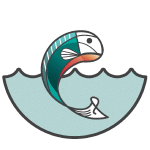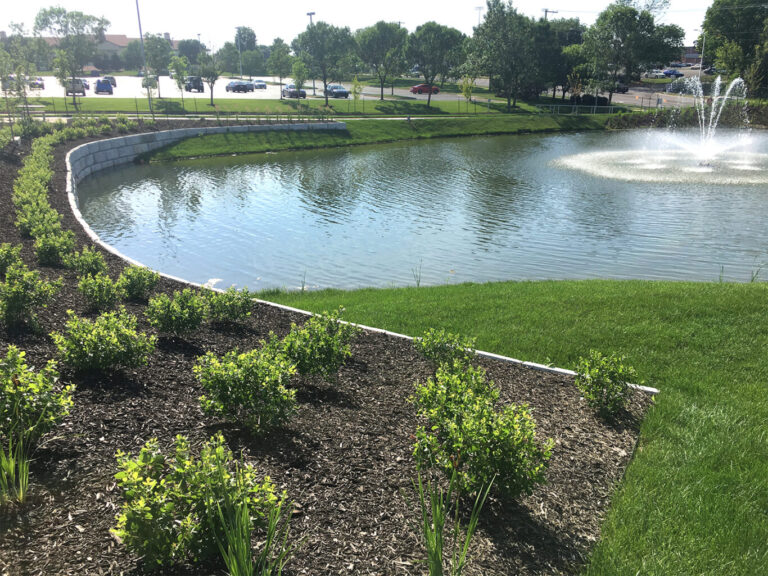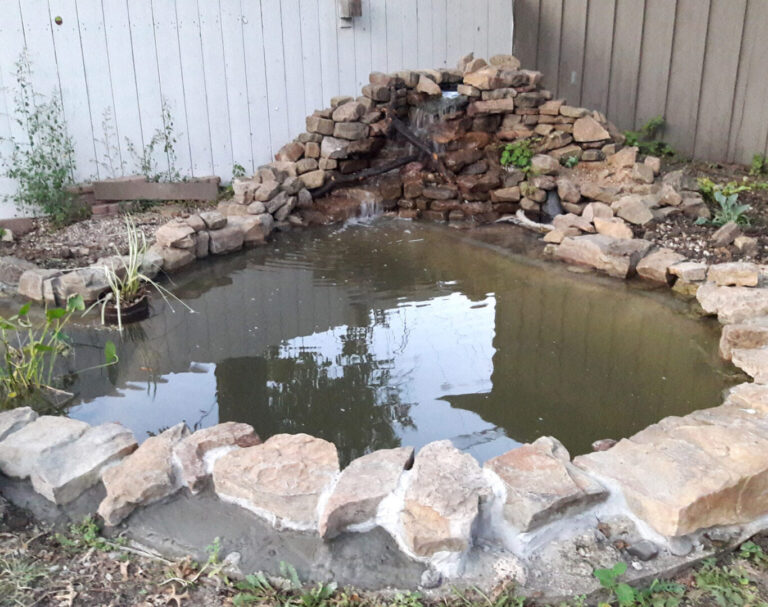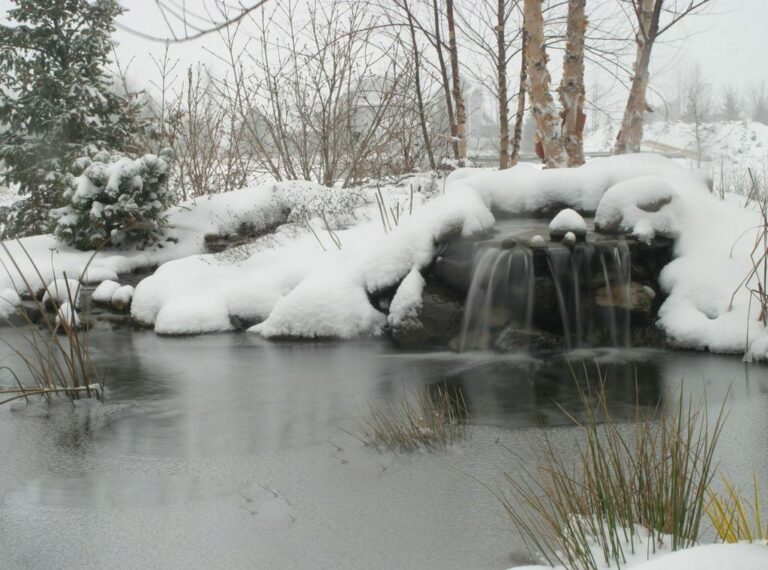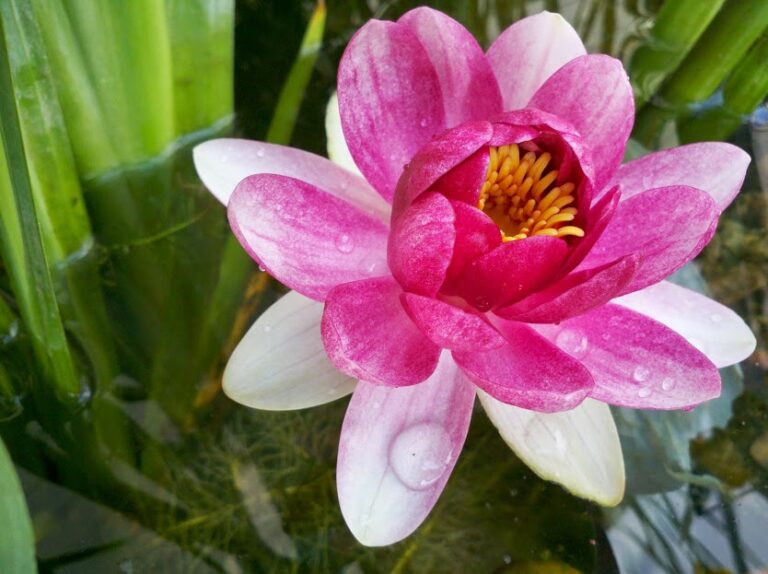The method by which I chose my favorite test kits
Procedures
notes on testing
In order to achieve the best results with SPS, there are only two factors that matter pertaining to water quality. Stability and Ionic Balance. To achieve both, you need two things: 1) to be diligent about testing and dosing 2) Reliable tests (and I don’t take these big companies at their word.)
I’ve spared you from reagent batch-numbers, but I do need to note that when testing alkalinity, we are measuring about 7 main compounds! (see chart) and they will develop the reagent solution differently at different ratios!
Here’s the results:
9 alkalinity tests were matched up, including one test for control and 4 duplicates for repeatability
Water tested- 170g reef tank @ 1.026sg, measured in German Hardness degrees (1dH or 1dKH – 17.9ppm)
Elos- this is the controlled variable. New in Box. Elos is the only test with 3rd party authentication. Therefore, we MUST trust it, WHETHER YOU LIKE THE TEST OR NOT. I ran this test twice. both resulsts were 17 drops- 8.5dKH.
Red Sea- New In Box- uses a similar titrant/color indicator as Elos. This one has a dubious color change (one of my peeves with water testing), and results were .44mL- 6.16dKH
Salifert- not new… in fact, the very last of the of the titrant is being used for this test-run, so results may not be reliable. Also, I have found that not shaking the bottle of indicator solution can skew results. In the past, I have had difficulties with *this* test properly reading my alkalinity. Test results were 0.38mL, or 6.08dKH
API- bottles were both half-full. One of these bottles is several years old and the other is relatively new. Neither are expired. Results are 8 and 8.25dKH (8 and 8.25 drops) note: API does not print accurate lines on their test vials, so the only way to achieve consistency with this brand is to add 5mL sample using a 5mL syringe)
Seachem Reefstatus Carbonate, Borate, Magnesium. Box 1 is recent, although some reagents are running low. Box 2 is New in box. The danger of near-empty reagents is contamination. Only so many precautions can be taken to prevent contamination! I was anticipating results to vary. They did not. Borate Alkalinity was 1.68dH for both, and Total Alkalinity (different than dKH) was 7.84dH and 8.12dH respectively, again resulting in Carbonate measurements of 6.16dKH and 6.44dKH respectively.
Conclusions:
Yes… I, Gerard, as well as my mentors, are just as confused as you on Alkalinity tests. The general consensus is that zero tests (with the exception of perhaps Elos) can attain both the accuracy and precision needed to make Acropora, Montipora, and other corals thrive in their stony fortresses. Please do not be upset over my test kit ratings. They are, after all, only one man’s educated opinion.
Ryan Doyle It would be cool to send a sample to a lab to get an accurate reading for the control. Maybe the Salifert, Red Sea and Seachem tests are the most accurate and the API and Elos tests are off.
Ryan- This was considered heavily by me. Notice that I have had time to mull-over the results for more than 24 hours. I think we should partly rely on Elos’ accuracy for three reasons: 1 because its 3rd-party certified, 2 because I E.I. Dose with at least 3 points of telemetry, and 3 because once your seawater is ionically balanced, it has a slight ability to put elements in- and out-of solution to maintain relative equilibrium. My hypothesis/assumption is that my alkalinity was “moderately low” at time of testing. This assumption was revised to “slightly low” after I finished testing and analyzed results
Moreover, in comparing results it has similarly been found by one of my mentors that Red Sea and Salifert tests are slightly low. This is not the first time that I have drawn similar conclusions on various subjects with the Gurus.
Remember this chart. What do they calibrate their results to? A solution made of baking soda? I hope not.
Justification of ratings (Prices at Black Pearl Aquatics are the same as online)
Elos- calibrated for accuracy, drop size is certified for accuracy and precision, unless you catch a bubble, which happens occassionally and is the single most frustrating thing to happen in ANY test. Reliable because it is certified and because it is difficult to contaminate or screw-up the test. Price for test: $19.99
Red Sea- I’ve used this test the least of all of them, but it is nearly as easy as Elos and API and more precise since you can squeeze 1/10th of a drop from the syringe. Comes in an essential kit with Calcium and Magnesium test. $59.99
Salifert- It’s precise. Color change is better than Red Sea but a far-cry from Elos and API. I wish I had more good to say about this test. It is consistently low, it failed me when I was Vitamin C dosing, it has one more step than Red Sea and the reagent *requires* shaking. its not a difficult test, but the lack of accuracy leaves me wondering why they are proud of this test kit. $17.99

